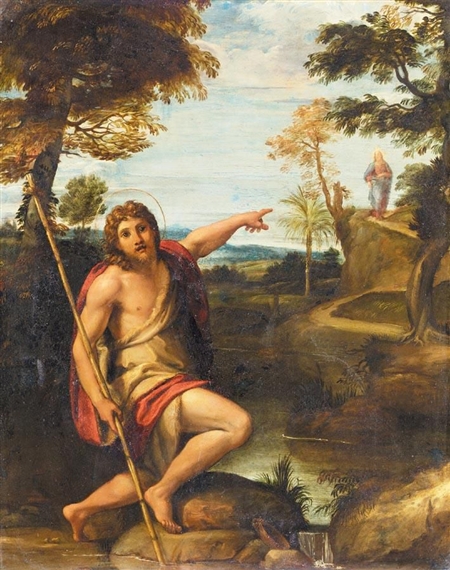VI SUNDAY IN ORDINARY TIME - Sirach 15:16-21
In our lives, we are faced with a choice, which all of us will have to make. God “has set fire and water before you; put out your hand to whichever you prefer.” It is up to each one of us to find the meaning of his life and to give a purpose to it. Nobody else will it for us. And it is unworthy of us to blame somebody else. Nowadays, a sense of victimhood is prevalent. Many people see themselves as victims and react in anger and resentment against the supposed victimisers. The ones who do so demand that the others change and compensate them for the damages suffered. If the others are the culprits of my dear situation, they must pay so that I receive what is due to me. This kind of attitude, in which I reject to be responsible for my own life, will not bring a better life since I put my own fate on the hands of others. The writer of the book of Sirach tells us that we are responsible for our own lives. The future of our lives is in our own hands:
Man has life and death before him;
whichever a man likes better will be given him.
In order to live a worthy life, the author tells us that there is a simple way: keep the commandments, since the commandments are not difficult to keep.
If you wish, you can keep the commandments,
to behave faithfully is within your power.
We must accept responsibility for our own lives. It is useless to blame others and it is pointless to blame God since God does not induce us in error:
He never commanded anyone to be godless,
he has given no one permission to sin.
In the sermon on the mount, Jesus teaches that the commandments must be accepted wholeheartedly. The evil actions come from within our hearts and we must check them when we become aware of them. Jesus gives four examples of the implications of the law:
- The law “You must not kill” implies more than the physical killing of the body. Anything that leads to the destruction of the dignity of the other is unlawful and must be punished.
- The law “You must not commit adultery” implies any lustful desire, demanding that quell them as we become aware of them.
- As for the law of divorce, which allowed the husband to divorce the wife for trivial things, Jesus overturns that and makes the law very strict.
- About the oaths, Jesus disallows them, advising not to swear at all: “All you need say is “Yes” if you mean yes, “No” if you mean no; anything more than this comes from the evil one.” (Mt 5,37).
Let us be truthful to ourselves and to others. Only truth will set us free.





